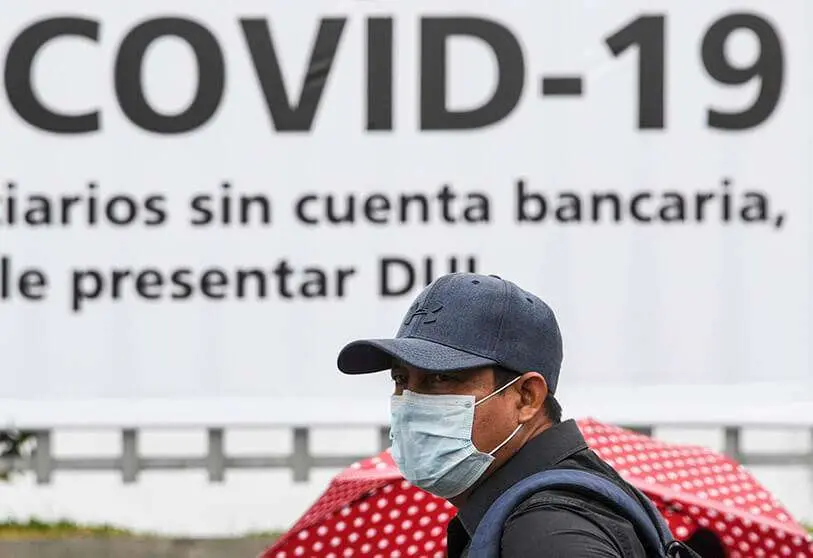A year of coronavirus

It is one year since SARS-COV- 2, COVID-19 or simply coronavirus came into our lives. What began with a chain of contagions in the Chinese province of Wuhan soon became the deadliest pandemic in recent times, with more than 125 million people infected and 3 million deaths to date.
World Health Organisation (WHO) projections of the lethality of the virus are close to 5 million deaths and over 200 million infections before we can guarantee global immunisation. According to these prospects, we would be at about half of the incidence and mortality that the coronavirus will have on our planet.
To reach a 'zero point', i.e. a point of absolute pandemic control, several elements must be in place simultaneously. Firstly, vaccination of at least 75% of the world's population, some 6 billion people, which would mean 12 billion doses to be inoculated. At the rate we are going in the West this could be achieved by the end of 2021, but in the other impoverished countries it would hopefully be achieved by the end of 2024. This means that as long as we do not achieve immunity through vaccines, the virus will mutate and strains will continue to emerge (currently more than ten), becoming more contagious, more aggressive and requiring the introduction of seasonal, modified and permanent vaccination.
Secondly, the reduction of mobility of people, trade, goods and food has to be maintained at least until 'zero point' is reached, otherwise the virus will continue to move easily, mutate and re-emerge with new variants.
Last but not least, transforming our health systems from a new paradigm of prevention and control of the emergence of pandemics. We are no longer talking about COVID-19 alone, but about new coronaviruses that may appear and that if we do not modify our global health system, we will be doomed to succumb to the same mistakes again. In this context, special attention must be paid to scientific research and to the control of patents held by the pharmaceutical industry. We cannot leave a matter of global health alert in the hands of private enterprise.
The virus has changed our lives. Nothing will ever be the same again, at least not for a long time. That is why we have to get used to the times we live in and get used to facing them with a sense of responsibility. Beyond individual freedoms, we must look beyond individual liberties to the survival of the human species. In addition to political representatives who are up to the task, humanity must also be up to the task. Let us not be in a hurry to get to 'zero point', we will undoubtedly get there, but it would say very little about our intelligence if we do not address the serious situation from a global perspective and continue to insist on today, endangering tomorrow.
Francisco Pineda Zamorano, expert in International Relations and Cooperation.

